News & Updates
Trail Magic: How to Support Long Distance Hikers

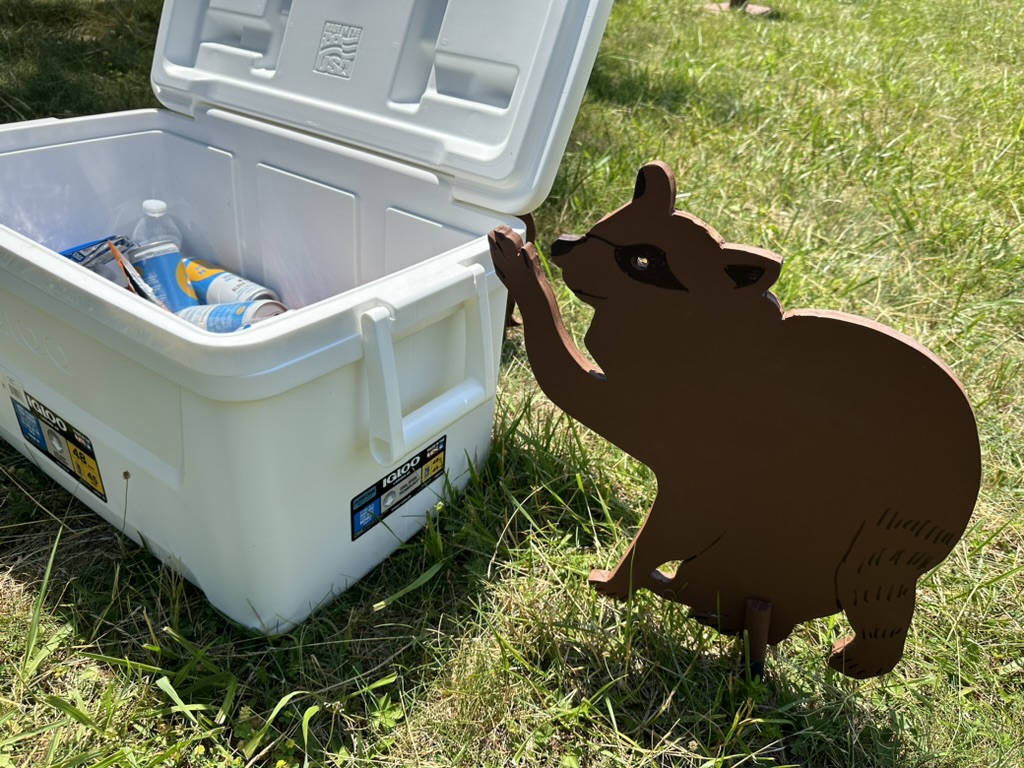
Our Subaru/Leave No Trace Traveling Team paired up with the Potomac Appalachian Trail Club (PATC) in Shenandoah National Park, and were inspired by the PATC Ridgerunners and their interactive trail of Campsite Oh-No’s!
To help preserve our trails, it’s important to share how to implement Leave No Trace practices when providing trail magic to have the most positive impact on hikers, the trail, its plants and wildlife, and the volunteers who maintain and preserve our shared trails.
The concept of Trail Magic and Trail Angels began on the Appalachian National Scenic Trail (A.T.). Trail magic, defined as an unexpected act of kindness, is a quintessential part of the Appalachian Trail experience and for many long-distance hikers across the United States.
Although acts of human generosity are well-intentioned, community members must be careful to support hikers and our trails in ways that are conducive to the ecological integrity of the trail, as well as the hiker’s journey. The most essential service you can perform is to volunteer to maintain trails and overnight sites and monitor boundaries and resource conditions.
Leave No Trace Trail Magic Guidance:

1) Plan Ahead and Prepare: Permits may be required. Before choosing a site, contact the land agency. Find out if there are any special recommendations, permits, or considerations. Rare plants, waterways, sensitive cultural sites, or the greater community may be impacted in ways not readily apparent. Prepare and serve food safely. If you will be cooking or preparing food, check with the landowner to find an appropriate area and learn what food-safety or other regulations apply. Charging a fee or asking for donations should not be allowed.
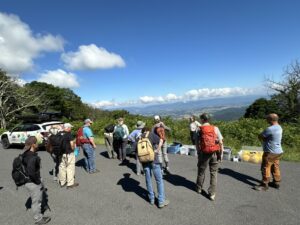
2) Travel and Camp on Durable Surfaces: Locate events in developed areas on durable surfaces. Large gatherings in the backcountry can lead to trampling of plants, soil compaction, and disturbance of wildlife habitat. Keep events small. Many hikers come to our trails seeking solitude and contemplation. Publicizing a “feed” in advance can lead to clumping of long-distance hikers, causing overcrowded conditions and greater impacts at shelters and/or campsites.
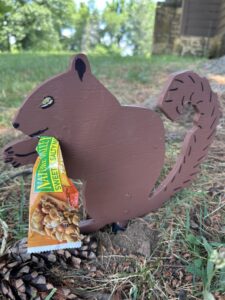
3) Dispose of Waste Properly: Be present if you provide food or drink. Unattended items, including their packaging, can harm wildlife that consumes them, or hikers, when unrefrigerated products grow bacteria or become contaminated. Unattended items are considered litter and their presence detracts from the wildland character of backcountry environments. Carry out any trash or leftovers. Offer to take out hiker’s trash, which helps lighten their packs.
4) Leave What you Find: Leave the site as you found it. Don’t create a burden for Trail volunteers whose time is better spent helping out elsewhere. Take pictures instead of taking items or marking on trees, rocks, or other surfaces. Help maintain the natural beauty of our shared trails by leaving plants, rocks, historical items, and other natural objects where you find them for all to enjoy.

5) Minimize Campfire Impacts: Check local regulations for any fire restrictions. If possible, use alternatives for cooking, light, and for warmth. If you need a fire, build only where it’s legal, in an existing fire ring, or pan fire. Keep fires small. Use sticks from the ground that can be broken by hand. Stick to established fire rings, do not construct new fire rings or have fires anywhere else on the trail. This will lessen the chance of forest fires, spare new patches of soil and trees from being sterilized and burned, and preserve the look of our pristine areas. Never leave a campfire unattended and make sure that the campfire is completely out and cold to the touch before leaving. Buy local and if firewood collection is allowed, remember the 4 D’s if you are collecting firewood; dead, down, dinky and distant.
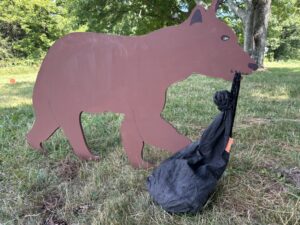
6) Respect Wildlife: Be present if you provide food. Unattended items, including their packaging, can harm wildlife that consumes them. Hikers may also be tempted to add their own trash, which retains food smells and attracts all types of wildlife. Hikers may falsely believe that the people leaving unattended food will pick up their trash. Once bears and other animals have received a food reward, they will continue to return to the area searching for more food. This is unsafe for the hikers and for the wildlife. Bears, racoons, and other animals who begin to associate humans with food may become aggressive and have to be relocated or killed. Clean up spills completely and pack out all food scraps.
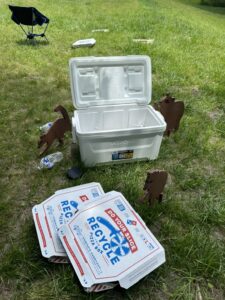
7) Be considerate of others: Be friendly, kind and welcoming to all. While many long-distance hikers will likely appreciate trail magic, be sure to make all trail users and volunteers feel welcome. Forgo alcoholic beverages. Don’t risk the legality and liability associated with serving minors, over-serving adults, or the safety issues associated with intoxicated hikers. Always exercise caution when offering or accepting hospitality from strangers.
All Wildlife props were made by Dan and Barb Hippe Potomac Appalachian Trail Club (PATC) and other various items, such as a cooler, was found and carried off trail by backcountry Ridgerunners.
Let’s protect and enjoy our natural world together
Get the latest in Leave No Trace eNews in your inbox so you can stay informed and involved.
